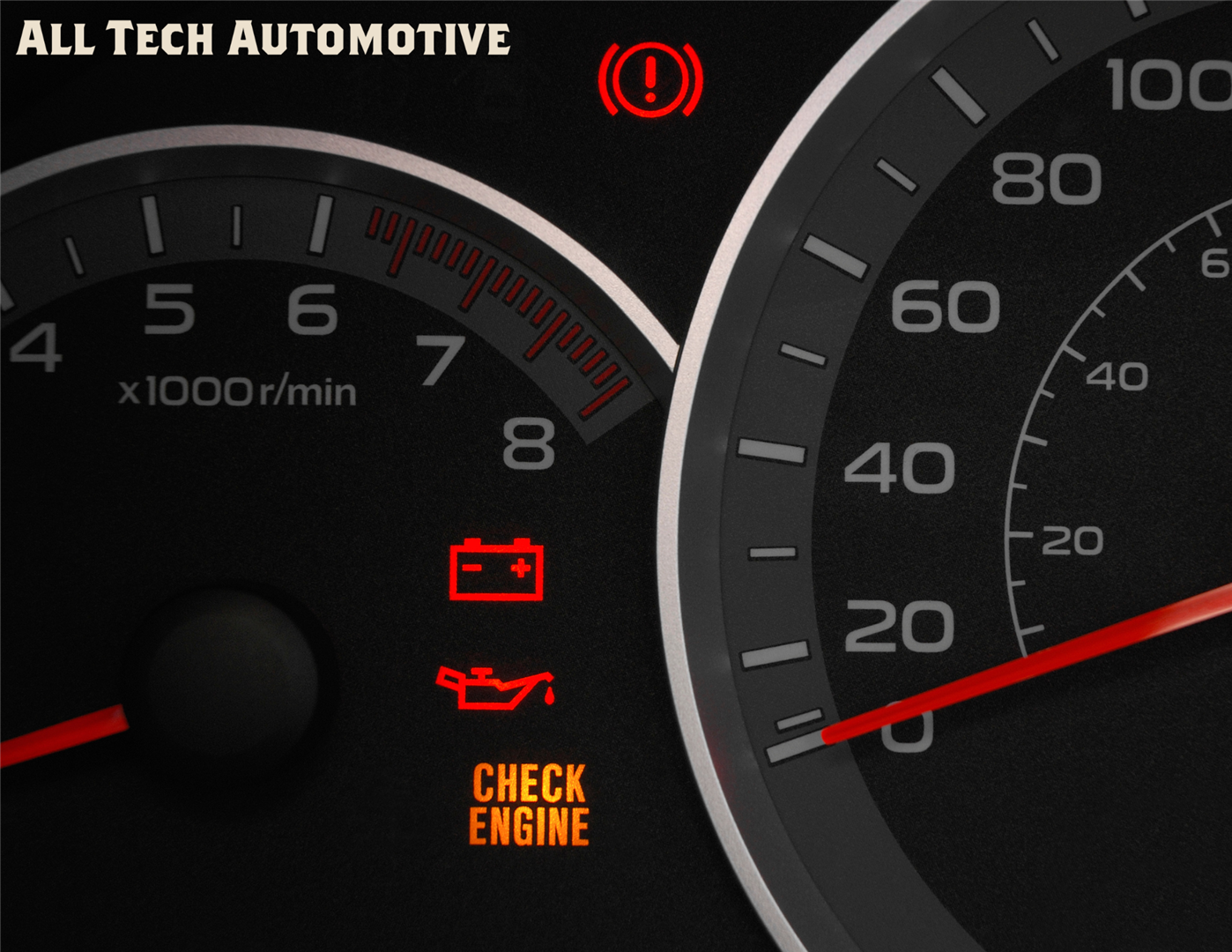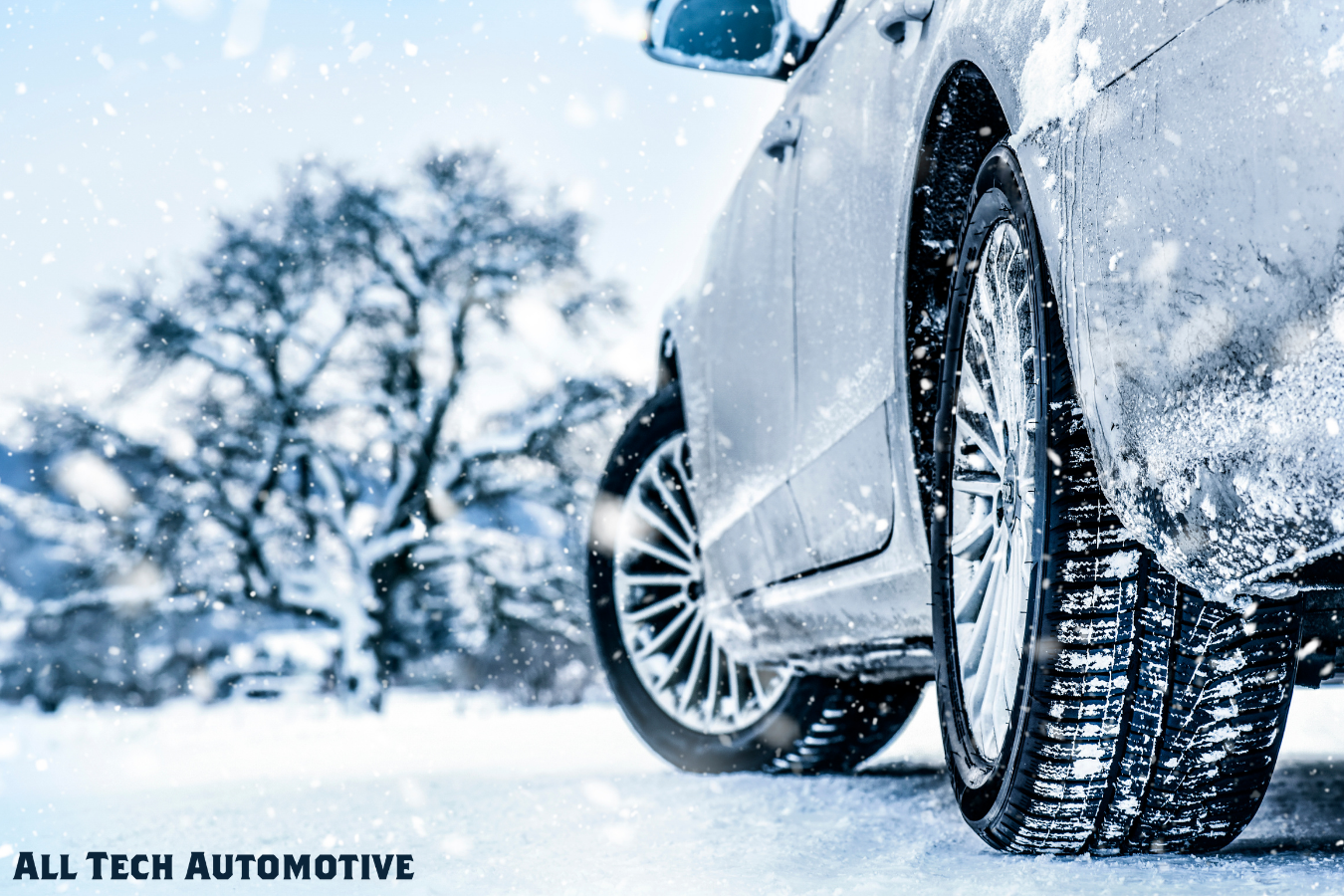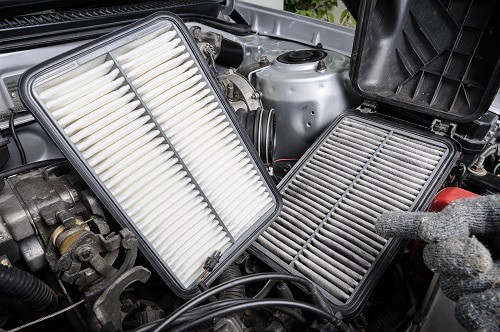Posted on 12/16/2025

December 2025 All Tech Automotive, Fort Collins, CO Winter in Fort Collins brings freezing temperatures, snow-packed roads, and rapid weather changes, all of which can put extra strain on your car or truck. One of the most common warning signs drivers notice during colder months is that the check engine light will appear on the dashboard. While it can be unsettling, this warning doesn’t always mean a major repair is needed. Understanding why the light comes on, and what steps to take next, can help you avoid breakdowns and costly damage this winter. Why Winter Triggers Check Engine Lights in Colorado Cold weather affects vehicles differently than the summer heat. In Fort Collins, winter-related check engine light causes often include: Battery voltage drops from cold starts Sensor issues caused by temperature changes Emissions system faults Fuel system pressure changes Engine misfires due to cold co ... read more
Posted on 11/17/2025

December is a time for celebration, family, reflection — and giving back to the community we love. As snow blankets Fort Collins and holiday travel picks up, All Tech Automotive continues a tradition that means the world to us: supporting Realities For Children, an organization dedicated to protecting and uplifting Northern Colorado children who have been abused, neglected, or are at risk. At both All Tech Automotive West and All Tech Automotive East, we believe that being a trusted Fort Collins auto repair shop means more than providing high-quality automotive service. It means being present for our neighbors, supporting local families, and standing behind causes that bring real change. Inspiring Change in the Life of a Child Realities For Children has one mission: To ensure that no child in Northern Colorado is forgotten. For more than 28 years, Realities For ... read more
Posted on 11/11/2025

All Tech Automotive, Fort Collins, CO As November rolls in, so does one of the busiest travel seasons of the year. Whether you’re heading across town to visit family for Thanksgiving or driving across Colorado for a long weekend getaway, road conditions, cold weather, and heavy holiday traffic make vehicle preparedness more important than ever. At All Tech Automotive, your trusted Fort Collins auto repair shop since 1991, we’re here to help keep your car safe, reliable, and road-trip-ready. Why November Travel Requires Extra Preparation Colorado’s early winter weather can change fast. One minute the roads are dry, the next—snow flurries, black ice, and freezing temperatures. Add holiday traffic, long distances, and colder nights, and small maintenance issues can quickly become costly breakdowns. That’s why now is the perfect time to schedule a pre-trip inspection at one of our two convenient Fort Colli ... read more
Posted on 1/12/2025
Timing Cover Replacement: There’s an important part in your vehicle that shields your timing belt, timing chain or cam belt from the debris and gunk that can be kicked up from the road. It’s called the timing cover. It’s important because the timing belt or chain is what coordinates parts of your engine called the camshafts and crankshaft. When they’re in sync, all runs smoothly. When they’re not, it can cause some serious engine problems. If your vehicle has a timing belt, without the protection of the timing cover, that belt can come loose from the timing gears or break. If your vehicle has a timing chain, the cover keeps engine oil circulating around it which lubricates it. When that starts to leak because of a bad gasket, the chain may not be getting adequate lubrication. If your vehicle has a timing cover problem, you may notice engine oil leaking if a gasket is not sealing tightly. You may hear a str ... read more
Posted on 1/6/2025

Engine air filters may not seem like a big deal, but when they’re clogged up with dirt, dust, and insects, your engine could wind up choking for air and not delivering you the power and performance it was designed to give. There are a couple of air filters in your vehicle. One filters the air going into the cabin (the cabin air filter), and the other filters air going into the engine. That engine filter is the one we’re talking about. After several months and long distances traveled, your engine air filter accumulates the junk it’s preventing from getting into your engine. You may notice your engine misfiring, your acceleration may not be what it used to be, it may make strange noises, and the Check Engine light may come on. When you notice any of those signs, it’s time to bring in your vehicle to have us figure out what’s going on. We’ll visually inspect your air filter. Keep in mind that your vehicle’s manufacturer recomme ... read more